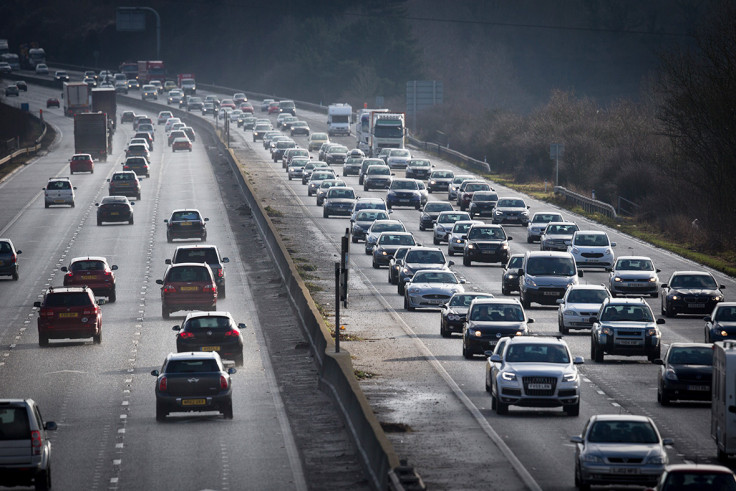Hard Brexit will lead to 10% increase in car repair bills, warns SMMT
Defaulting onto World Trade Organisation would result in a £2.14bn increase in Britain's car repair bill

The cost of repairing a car could increase by as much as 10% if Britain leaves the European Union without a trade deal, the Society of Motor Manufacturers and Traders (SMMT) has warned.
A report released by the industry body suggests that should the UK leave the EU and default onto World Trade Organisation (WTO) rules, Britain's combined car repair bill could increase by over £2bn ($2.6bn) due to tariffs and trade barriers.
According to the SMMT's report, a WTO tariff on imported car parts of between 2.5% and 4.5% would result in caw owners spending an additional £21 a year for replacement components.
Regulatory barriers, subsidies and customs delays would add around £49, resulting in a £2.14bn increase in Britain's car repair bill.
"If we don't secure a new trading relationship with the EU that is free of tariffs and customs checks, British consumers could face significant increases to their annual car repair bill due to new tariffs and other trade barriers," said SMMT chief executive Mike Hawes.
"Government must now prioritise an interim arrangement that maintains single market and customs union membership until the right trade deal with the EU is implemented."
A number of industries, from aviation to car manufacturing, have urged the government to secure trade deal with the EU as swiftly as possible. However, the response has been mixed, with Prime Minister Theresa May stating that "no deal is better than a bad deal", while other members of cabinet have been more conciliatory over a potential trade agreement.
"Some 80% of replacement car parts fitted to British cars are imported, with almost three-quarters of these coming from EU-based suppliers," the report added.
"However, the manufacture of components in the UK is growing, making the risk of tariffs on British products sold in Europe and other key global markets another major concern."
The report comes on the same day as Chancellor Philip Hammond suggested that the UK government has no plans to slash regulations or tax so that Britain undercuts the rest of the EU after it splits from the bloc in 2019.
"I often hear it said that the UK is considering participating in unfair competition in regulation and tax," he said.
"That is neither our plan nor our vision for the future. I would expect us to remain a country with a social, economic and cultural model that is recognisably European."
© Copyright IBTimes 2025. All rights reserved.






















